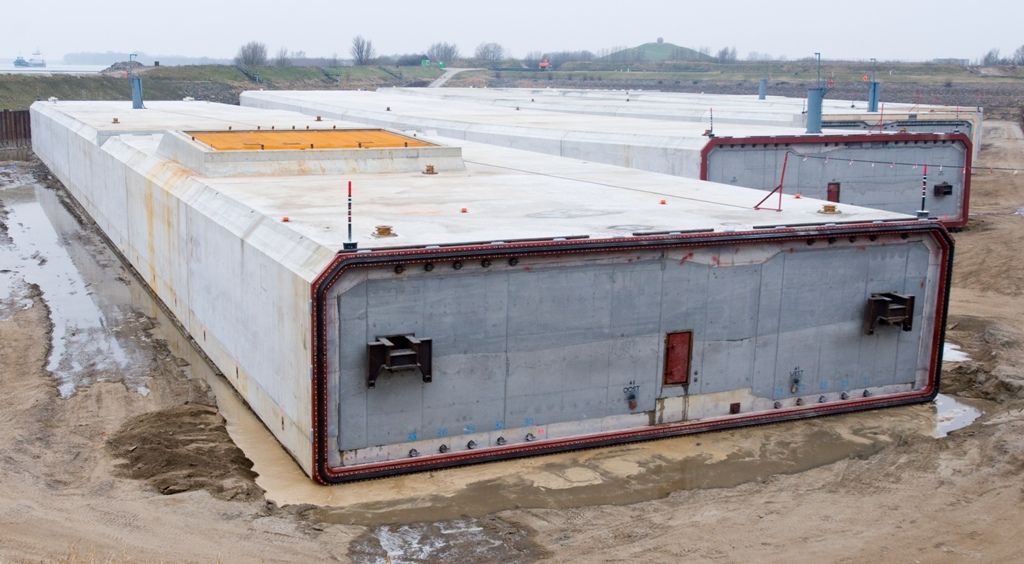A cross-party agreement has been struck to continue one of the country’s biggest construction projects in history: the Fehmarn Belt Fixed Link between Denmark and Germany via the world’s longest immersed tunnel.
READ MORE: Fehmarn Belt Fixed Link to cost more than estimated
The government and six of the country’s political parties have agreed on terms for continuing the project, despite there still not being final regulatory approval from the German side. The company Femern will be able to sign construction contracts, conditional on the approval being granted.
Difficult situation
Hans Christian Schmidt, the transport minister, described the agreement as the best possible solution given the circumstances.
“We are in a difficult situation because of the delay of the German regulatory approval: the construction work on the immersed tunnel cannot begin, but we want to retain the good prices Femern A/S received in September 2015,” he said.
“Today we have chosen a model for dealing with the contracts that takes care of this situation in the best possible way.”
DR reports that 300 million kroner in compensation will have to be paid out if the German approval doesn’t materialise.
Since Danish approval for the project came in the spring of 2015, it has been plagued by delays and budgetary problems.















